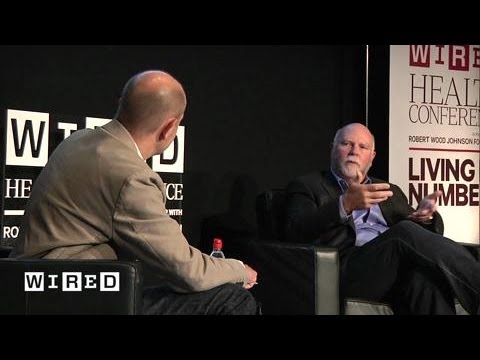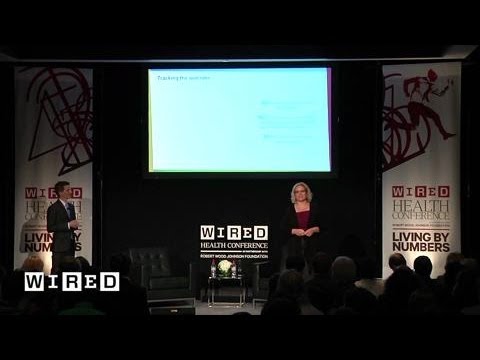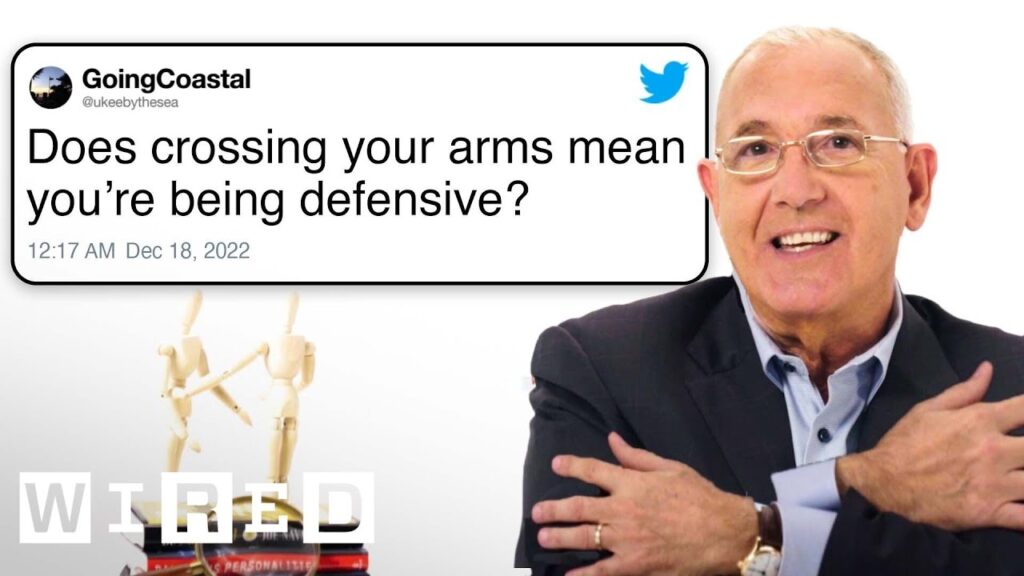Data: The Power to Transform Industries and Improve Lives
Summary
In this article, we explore the power of data to transform industries and improve lives. We discuss various examples of how data is being used to improve fields such as crime prevention, medicine, and healthcare. We also examine the potential of wearable devices and the concept of quantified self to monitor health and prevent healthcare issues before they become severe. Additionally, we discuss how technology is being used to eradicate diseases such as polio and the ethical implications of data ownership.
Table of Contents
- Redesigning the DVR and using crime data
- Data in anthropology and pizza delivery
- Data in advertising and medicine
- The concept of quantified self and wearable devices
- Eradicating diseases with technology
- Ethical implications of data ownership
Redesigning the DVR and using crime data
Data is a powerful tool that can be used to improve various fields. For example, instead of creating new oil wells or nuclear power plants, we can redesign the DVR to make it more user-friendly and efficient. In addition, crime data can be used to target early childhood interventions, career counseling, and drug counseling for criminals coming from generations of crime.
Data in anthropology and pizza delivery
Anthropologists have found valuable data in radar operators’ migration patterns of bats, and GPS devices on bicycles were used to improve pizza delivery in New York City. Data is also changing the world of advertising and Twitter.
Data in advertising and medicine
In the field of medicine, 23andMe tests provide genetic information, and a program that made house calls to patients with high healthcare costs resulted in a dramatic decrease in emergency room visits. Furthermore, doctors at MIT discovered that 24 hours of EKG printouts can predict who will have another heart attack within two years.
The concept of quantified self and wearable devices
The concept of quantified self involves monitoring one’s health and preventing healthcare issues before they become severe. Wearable devices can be used to gamify healthcare and make it more accessible. For example, the speaker shares a personal story about her mother falling multiple times and how she used technology to monitor her movements without invading her privacy.
Eradicating diseases with technology
Technology is being used to eradicate diseases such as polio in Nigeria by tracking and inoculating every single person in remote villages. The use of satellites to locate mosquito eggs on bodies of water is an interesting alternative to spreading DDT and spraying it over a large area. Ushahid is an organization that provides remote information to healthcare workers in places like Haiti using tweets and text messages. M-Pedigre is an organization that puts a unique code on the side of every bottle of medicine to verify its authenticity.
Ethical implications of data ownership
The speaker raises the question of who owns our data. Hugo Campos has a defibrillator that transmits his data directly to his doctor, but he was denied access to his own data. Jay Walker’s book, The Bills of Mortality, gave birth to the modern insurance industry.
Conclusion
In conclusion, data is a powerful tool that can be used to transform industries and improve lives. From crime prevention to medicine and healthcare, data is changing the way we think about these fields. However, it is important to consider the ethical implications of data ownership and ensure that individuals have access to their own data.







